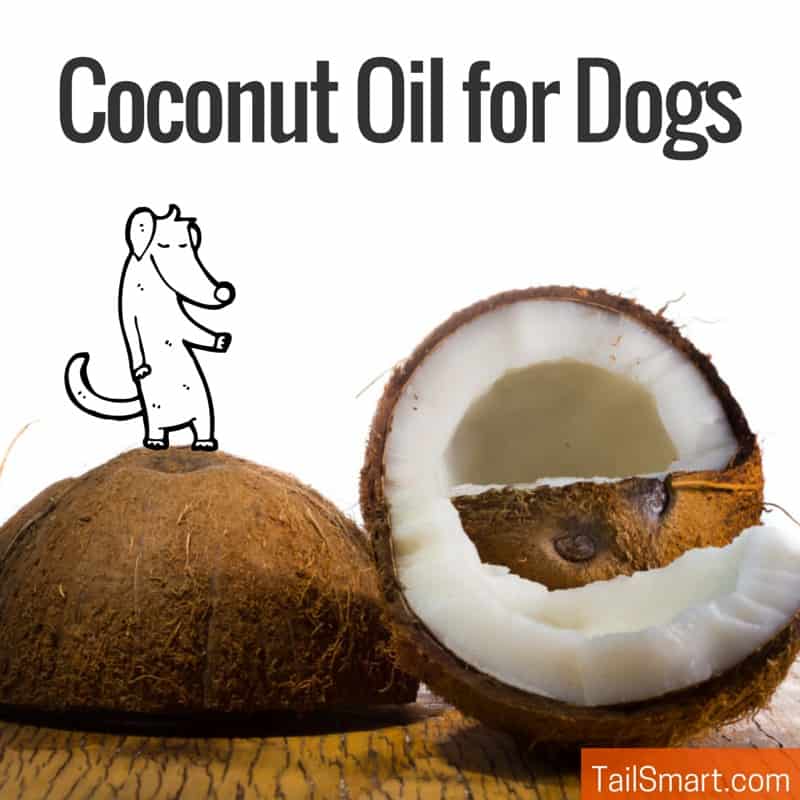
What Is Coconut Oil?
Coconut oil is the oil produced when the fruit or meat of the coconut is compressed. It is a thick, white substance that’s high in saturated fat. Saturated fats have long been proposed as possible causes of heart disease.
Eating foods that contain saturated fats raises the level of cholesterol in your blood. High levels of LDL cholesterol in your blood increase your risk of heart disease and stroke. [source]
As investigations have progressed into the link between saturated fats and heart disease, research has shown that certain saturated fats known as medium-chain triglyceride (MCT) are actually beneficial. Turns out coconut oil is packed with MCTs. They’ve been shown to help with many issues such as vitamin absorption, increasing metabolism and have been used in combination with ketogenic diets to help control seizures in people with epilepsy.
Distinction should be made regarding chain length when it comes to discussing the effects of saturated fats on metabolic risk factors. [source]
There have been a variety of claims, that may be true, regarding the beneficial impacts of coconut oil use. People are reporting the amazing benefits of coconut oil to not only their health but also their furniture. Keep in mind that not all of these claims have been thoroughly researched and therefore the actual benefits have not been properly measured. As such, it is important to approach such claims with a curious and skeptic eye. It’s incumbent upon you to do your own research to determine whether you feel that coconut oil is well suited to your dog’s needs or not.
Is Coconut Oil Good For Dogs?
While research into the benefits of coconut oil in humans has been started, testing for its use in dogs has been minimal. It is known that coconut oil has benefits for dogs, as it does with humans, although dosages, tolerances, and uses are still up for debate.
Like all things, too much of something can lead to negative results and therefore coconut oil should be used carefully. Excessive amounts can cause diarrhea and other gastrointestinal issues.
Coconut Oil Products
Here are some examples of coconut oil products that are avaiable:
- Coconut Oil for Pets
- Viva Labs Organic Extra Virgin Coconut Oil
- CocoTherapy Organic Virgin Coconut Oil
- CocoTherapy Coconut Chips for Pets
Benefits of Coconut Oil For Dogs
The benefits of coconut oil for dogs can be divided into two main categories: i) external and ii) internal.
External
Externally, coconut oil can be used on wounds as both an antiseptic and antibacterial treatment. It also helps to speed up healing and can decrease the severity of scarring. Reports indicate that it can help dogs with both fungal and yeast infections, especially on their feet. Some owners also say that it is useful in the treatment of skin conditions such as eczema, hot spots, and dry skin.
Internally
When used as a component of a dog’s food, coconut oil has been shown to assist in weight loss. This effect is due to an increase in the dog’s metabolism and also the absorption of vitamins and minerals. It can also help cut down on bad breath due to its antiseptic and antibacterial properties. One of the most proven uses for coconut oil is for promoting healthy skin and thick, glossy hair.
Some owners have said that it can help with diabetes, boosting the immune system. Additionally, it can help with arthritis although these claims have not been clinically proven at this time.
Coconut Oil For Dogs Side Effects
Coconut oil has very few documented side effects although diarrhea and other gastrointestinal issues have been noted, particularly when the coconut oil is first being added to the dog’s diet.
To avoid this it is important to slowly introduce coconut oil into your dog’s diet. By starting with a small amount (under 1 teaspoon) added to the dog’s food once a day and then slowly increasing to the desired amount. If your dog develops negative effects, it is easy to reduce the amount to the previously tolerated serving size.
Coconut Oil In Dog Food
Before starting your dog on coconut oil, you should first speak with a qualified veterinarian who will be able to monitor your dog’s health and provide you with valuable information during the introduction of coconut oil into their diet.
The amount of coconut oil that your dog should have added to their diet varies depending on the source of the information. It ranges from ¼ of a teaspoon every 10 pounds once a day to a whole teaspoon every 10 pounds twice a day. It is therefore important that you introduce coconut oil very slowly into the dog’s diet to avoid negative effects and your veterinarian will be able to assist with this. Each increase should be spaced out by at least 2-4 weeks and careful attention should be paid to the dog’s output during this time, while some notice of greasy stools can be expected if the dog is showing discomfort or diarrhea either the discontinuation or reduction in coconut oil should be implemented immediately.
The slow introduction of coconut oil into a dog’s diet is particularly important with extremely small dogs that are known to have hypoglycemia. This is because they already require frequent feeding to prevent low blood sugars and do not tolerate any form of dietary loss well.
Coconut Oil For Dogs With Allergies
Coconut oil can be used both topically as well as internally for dogs who suffer from allergies. When your dog is fed coconut oil, it can help keep the skin healthy and promote the healing from within while the coconut oil used topically can disinfect and start the healing directly.